Treating Obsessive-Compulsive Disorder (OCD) with Ketamine
When left untreated, Obsessive-Compulsive Disorder (OCD) can pose serious challenges to daily living. While there is no cure for OCD, the right treatment plan can manage symptoms and build a bridge to better quality of life.
Obsessive-compulsive disorder is a difficult issue that affects approximately 1 out of every 100 adults in the United States. “Severe OCD takes such a toll on patients,” says Carolyn Rodriguez, MD, Ph.D., assistant professor of psychiatry and behavioral sciences at Stanford.
What Is Obsessive-Compulsive Disorder?
OCD is characterized by the presence of excessive obsessions, compulsions, or both. For people who suffer from OCD, these obsessions and compulsions feel distressing and out of control.
Obsessions are recurrent and persistent thoughts, impulses, or images that cause unpleasant emotions such as anxiety or disgust. These intrusive thoughts cause disruption to everyday life, even if the person experiencing them understands that they are unreasonable or illogical.
Some of the most common obsessions include anxiety about dirt or germs, fixating on unwanted thoughts, and fears of accidentally causing harm to oneself or others.
Compulsions are repetitive behaviors or acts that a person feels compelled to perform to prevent or reduce the distress caused by the obsession. In the most severe cases, a constant repetition of rituals may fill the day, making a normal routine impossible.
Common compulsions include repetitive movements or gestures, needing to check things (such as ensuring the door is locked or the stove is not turned on), and excessive cleaning. Many people with OCD feel that, even if there is something else they should be doing, they must act on their compulsions to alleviate anxiety or prevent something bad from happening
Treatment for OCD
Successful OCD treatment usually involves a combination of medication and psychotherapy.
Selective serotonin reuptake inhibitors (SSRIs) are the most commonly used medication to treat OCD. While SSRIs are effective for some patients, there can also be downsides.
For OCD patients, it will typically take 10 to 12 weeks to assess whether or not an SSRI is working. Because not every patient will respond to SSRI treatment, there is a risk of spending several months on an ineffective medication before concluding it does not work. When they do work, they often provide limited symptom relief. If a patient’s symptoms persist then stronger antipsychotic drugs may be prescribed such as Abilify or Risperdal. These too only work for some patients and often carry significant side effects.
Multiple studies over the past decade have shown ketamine to be a highly effective treatment for obsessive-compulsive disorder.1 No medication, including ketamine, will work for every patient. However, the fast onset of ketamine means that efficacy can be determined quickly and relief
Ketamine for OCD
Studies suggest that ketamine may be an effective option to rapidly relieve symptoms that standard psychiatric medications can fail to address. These clinical studies conclusively demonstrated the anti-obsessional effects of ketamine infusion and showed relief from a single infusion typically lasting at least one week. Research has also shown that ketamine for OCD can be particularly effective for patients whose OCD is accompanied by depression or does not respond to standard treatments.
Studies on Ketamine Therapy for OCD
1. In 2013, a study by the American College of Neuropsychopharmacology found that ketamine can have “rapid anti-obsessional effects” in adults suffering from OCD. In this trial, ketamine treatment was specifically effective against pervasive intrusive thoughts and obsessive symptoms. The study also noted that ketamine treatment could be an important development in OCD treatment because of its fast onset compared to other medications.
2. A 2020 study reported that ketamine infusion could be an effective treatment option for OCD patients who do not experience symptom relief from conventional SRI medications. Patients in this study also reported clinically significant relief from depressive symptoms, suggesting that ketamine therapy may be a compelling option for patients suffering from both OCD and depression.
3. A case report assessed the results of two ketamine infusions administered to a 24-year-old patient who had unsuccessfully attempted treatment with fluoxetine, escitalopram, and clomipramine. The patient, who typically spent 8 hours per day managing her OCD symptoms, reported a “complete cessation of obsessions” during the second ketamine treatment. Relief from obsessive symptoms was reported to last 7 days after the infusion.
4. A 2018 clinical trial investigated whether a course of cognitive behavioral therapy (CBT) could prolong the benefits of ketamine treatment for OCD. Researchers found that patients who received 10 hours of CBT treatment after a single ketamine infusion experienced longer lasting symptom relief than patients in trials that did not use CBT therapy.
Ketamine for OCD Near Me
As the largest national provider of ketamine therapy, Ketamine Wellness Centers has a total of 13 locations throughout the United States. With the help of our expert staff, each of our clinics practice the highest standard of ketamine care.
















